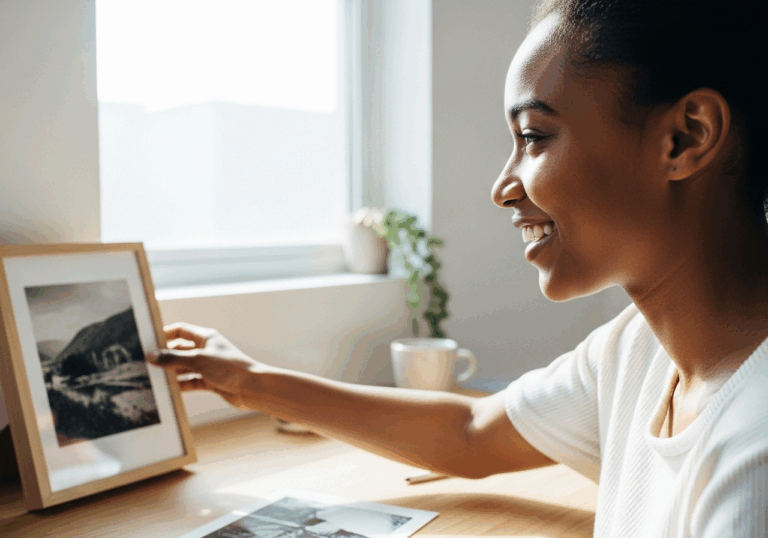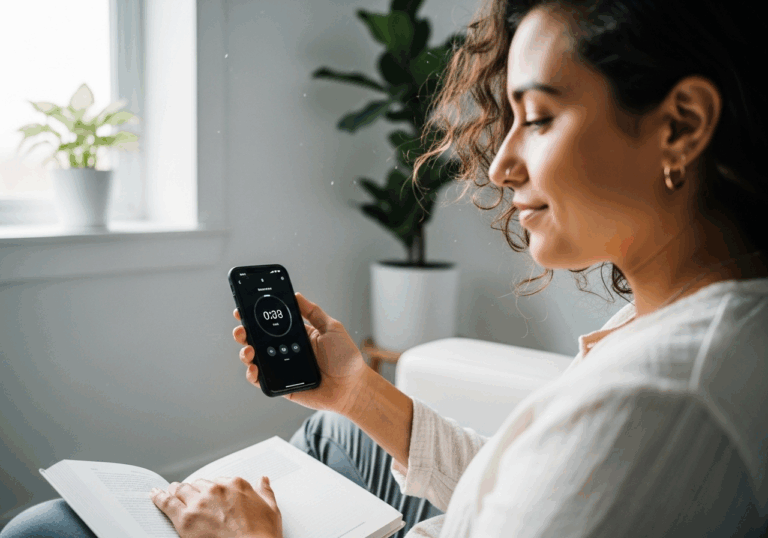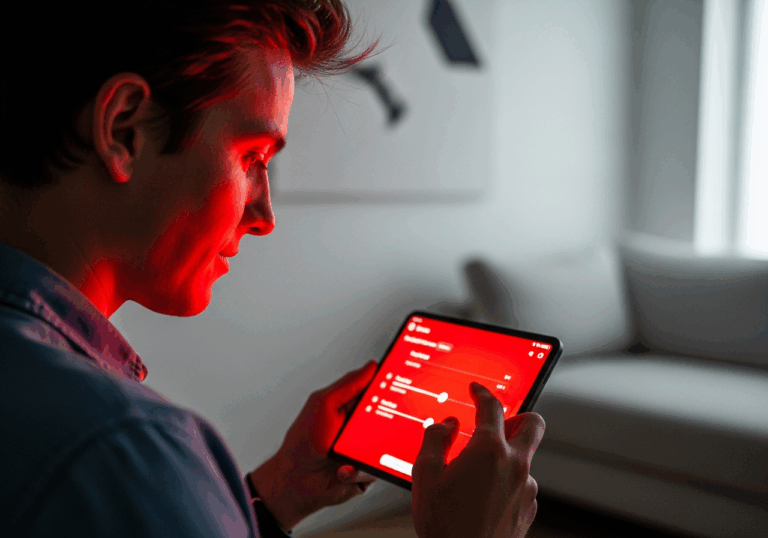Science-Backed Tips
Declutter Your Space, Elevate Your Mood
Implementing a one-in, one-out rule can reduce mental load by 30%.
📊 Did you know?
💡 Why It Matters
1️⃣
Reducing clutter can lead to a 30% decrease in stress levels, enhancing emotional well-being.
2️⃣
Daily micro-tidying can improve focus and productivity, leading to better performance in daily tasks.
3️⃣
Establishing a decluttering routine can prevent the accumulation of items, fostering a more serene living environment.
✅ Try These Micro-Tips
🎯
Dedicate 5-10 minutes each day to micro-tidying your space.
🎯
Adopt a one-in, one-out policy for new items to maintain balance.
🎯
Set a weekly decluttering session to assess and organize your belongings.
🎯
Use a timer to keep your decluttering sessions focused and efficient.
📚 The study
❓ Frequently Asked Questions ❓
Learn more
What is the ‘one-in, one-out’ decluttering rule?
The ‘one-in, one-out’ rule means that for every new item you bring into your home, you must remove one existing item. This practice helps maintain balance and prevents clutter accumulation.
How does decluttering affect mental well-being?
Reducing clutter can lead to a 30% decrease in stress levels, enhancing emotional well-being. A tidy environment fosters a sense of calm and control over one’s surroundings.
What is daily micro-tidying?
Daily micro-tidying involves spending 5-10 minutes each day organizing and decluttering your space. This small, consistent effort can significantly improve focus and productivity.
How can I start a decluttering routine?
Begin by dedicating a few minutes each day to tidy up your space and assess what you truly need. Setting a weekly decluttering session can help you stay organized and prevent clutter buildup.
What are the benefits of a decluttering strategy?
Following a decluttering strategy can reduce mental load and increase feelings of calmness by up to 30%. It also promotes a more serene living environment, enhancing overall emotional well-being.
How can I keep my decluttering sessions efficient?
Using a timer can help you stay focused and make your decluttering sessions more efficient. This approach encourages you to work quickly and prevents procrastination.
What should I do with items I no longer need?
Consider donating, recycling, or selling items you no longer need to give them a second life. This not only helps reduce clutter but also contributes positively to your community.
How often should I declutter my space?
It’s beneficial to set a weekly decluttering session to assess and organize your belongings. Additionally, daily micro-tidying can help maintain order and prevent clutter from accumulating.
Can decluttering improve my productivity?
Yes, a decluttered space can enhance focus and productivity, leading to better performance in daily tasks. An organized environment allows for clearer thinking and less distraction.
What is the impact of clutter on emotional well-being?
Clutter can contribute to feelings of stress and overwhelm, negatively impacting emotional well-being. By managing clutter effectively, you can create a more peaceful and uplifting living space.





